Globalite Media Group runs the websites http://www.globalitemagazine.com, http://www.grandslammagazine.com, http://www.globalitemusic.wordpress.com, http://www.globalitesports.wordpress.com, http://www.globalitewatchdog.wordpress.com, https://cjinasia.bandcamp.com, https://www.reverbnation.com/cjinasia, https://soundcloud.com/globalitemusic, and others.
Globalite Magazine is a collection of the work of Christopher Johnson and leading writers, photographers and editors around the globe since the 1980s. Globalite Media, which owns more than 50,000 professional images, has been accredited at major festivals, concerts, conferences and sporting events worldwide, supplying clients including Universal, Sony, AP, Reuters, CNN, CTV, CBC, DW-TV, France24, BBC, Comcast, New York Times, Washington Times, Japan Times, Asia Times, Toronto Star, Globe and Mail, South China Morning Post and many others.
Contact: editor@globalitemagazine.com and cjinasia@yahoo.com.
After graduating from Carleton University’s School of Journalism in Ottawa, Johnson moved to Thailand and then Japan, using his professional trademark and brand Globalite to sell more than 1000 features and 500 live broadcast reports from 110 countries and 10 war zones as well as major sports, music and cultural events worldwide. In 1988, Johnson wrote about his Globalite vision for the first chapter of his book Siamese Dreams: “The Age of Columbus is over. For 500 years, explorers tripped over each other to be ‘the first’ to meet ‘the natives’, until there were no more. The world’s been traveled, her secrets have been told. Tourism is the world’s largest industry. Travelers are consumers in a global shopping mall of adventures. Seeking paradise, tourists find film crews, aid workers, journalists, parachutists, English teachers, missionaries with dictionaries, and Amazonians watching Bruce Lee videos. Don’t just be a tourist, be a Globalite. Pick a country and stay awhile. Modern adventure means climbing through foreign society, working with the locals, and learning their language and culture from the bottom up.”
While traveling in 65 countries before the age of 27, Johnson tried to attain a “Globalite Rush”, a sensation of transcending the self to connect with the global Gaia as a whole. Johnson explored the Globalite lifestyle and mentality in his later novels Kobe Blue and Freedom’s Rainbow. He believed that the Globalite state of consciousness could only be cultivated by living in an almost constant state of travel based on study of local history, language and culture. Whereas the European or American imperialist sought to impose their language and culture upon the local “natives”, the Globalite seeks to speak to locals everywhere in their own languages in order to integrate with the local community. Instead of isolating in a neo-colonial bubble of expatriates or backpackers, Johnson learned to communicate with locals in Thai, Japanese, Mandarin, Spanish, French, Portuguese and other languages. In addition to his frontline journalism, Johnson worked with local media organizations — FMX, Channel 3 TV, The Nation and Bangkok Post in Thailand, NHK in Japan, Shanghai Daily and others in China — in order to learn cultures from the ground up.
Johnson also collaborated with bands in Asia including Emperor in Myanmar, Rockestra in Thailand, Crystal Butterfly in Shanghai, and Sherbets in Japan. His music albums Subversion 0.0, The NeverEndingEver, Organic Anarchy, and The Universal Q further explored the Globalite philosophy and soul.
See Christopher Johnson’s full bio on Amazon.com:
(https://www.amazon.com/Christopher-Johnson/e/B009LSI88I/ref=ntt_athr_dp_pel_1)
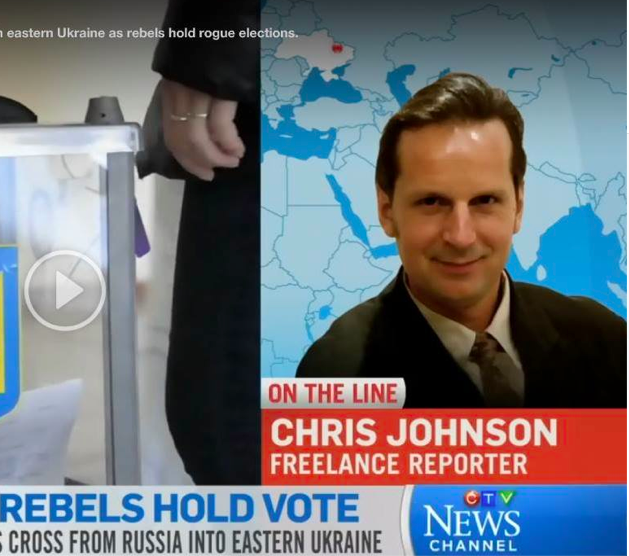
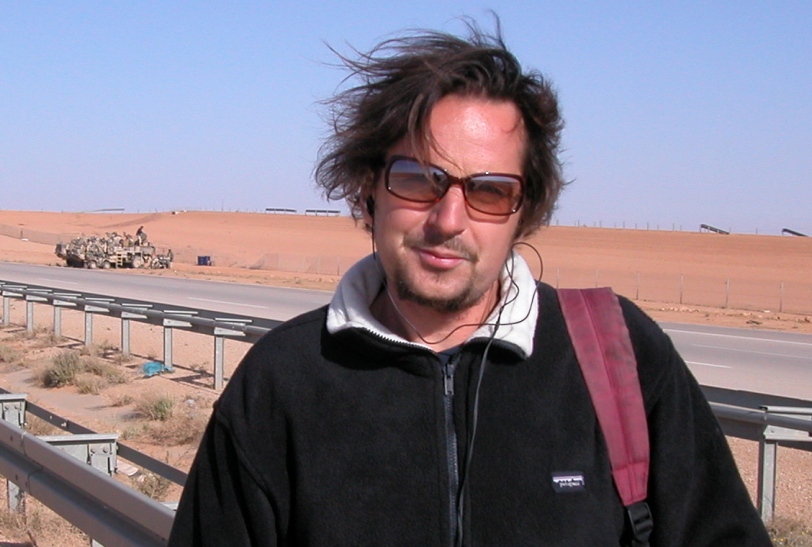
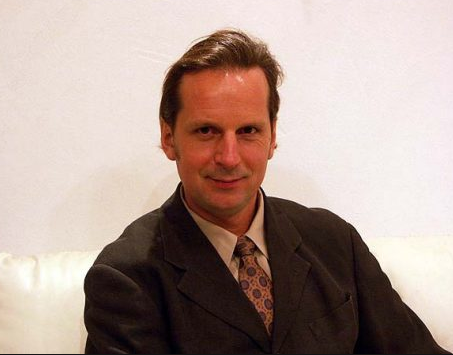

((all images copyright Christopher Johnson Globalite Media all rights reserved. Unauthorized usage of this copyright material in any form is strictly prohibited without expressed written consent. Contact editor@globalitemagazine.com)
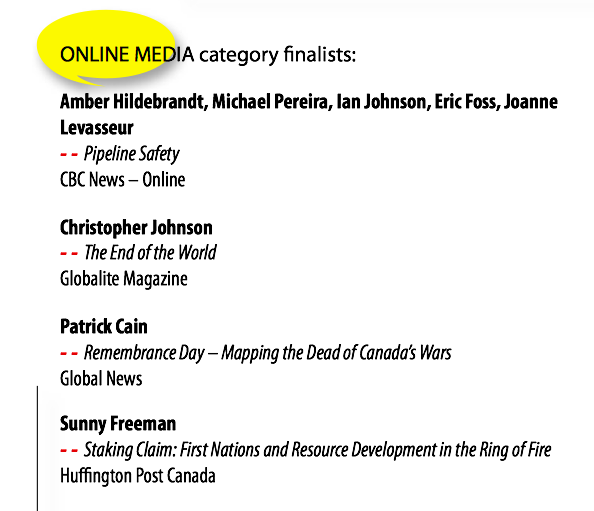


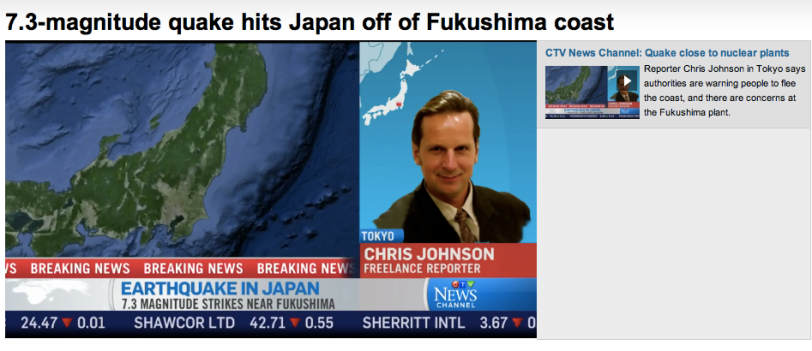
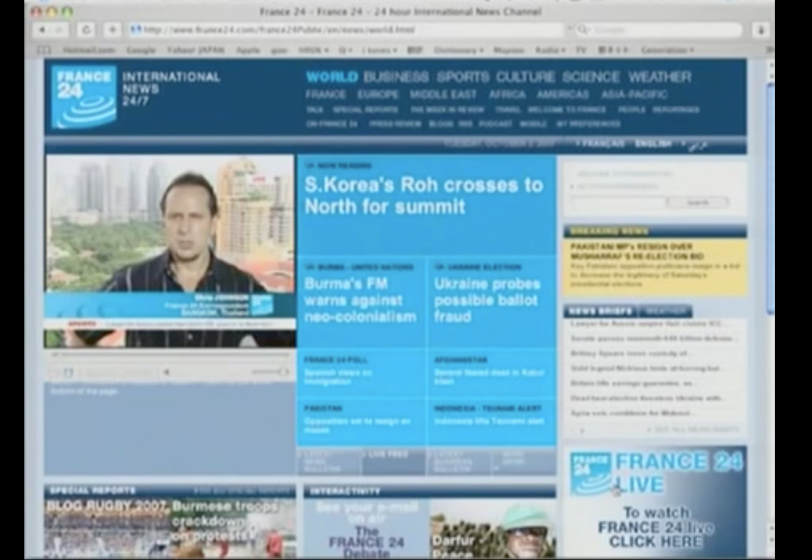
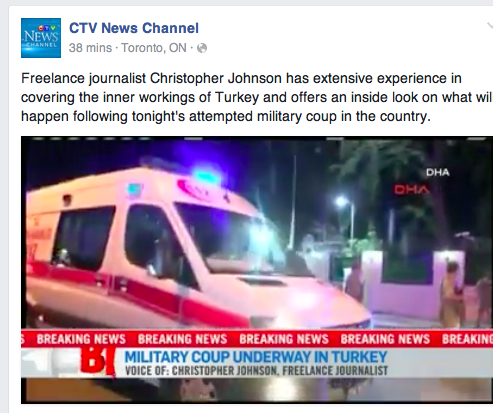
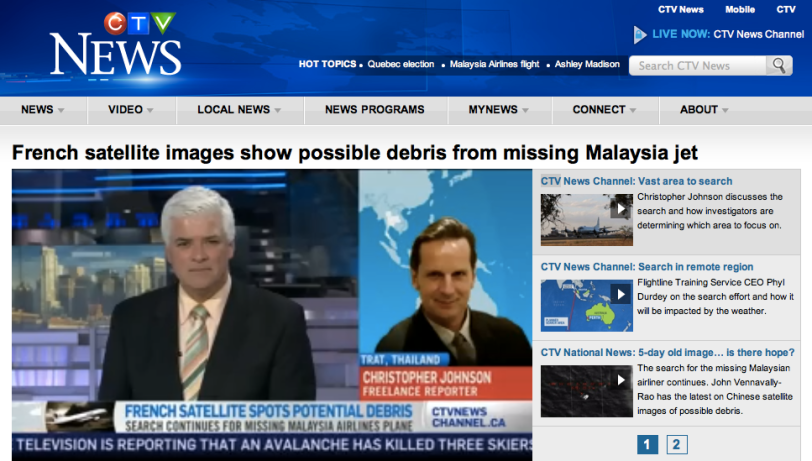
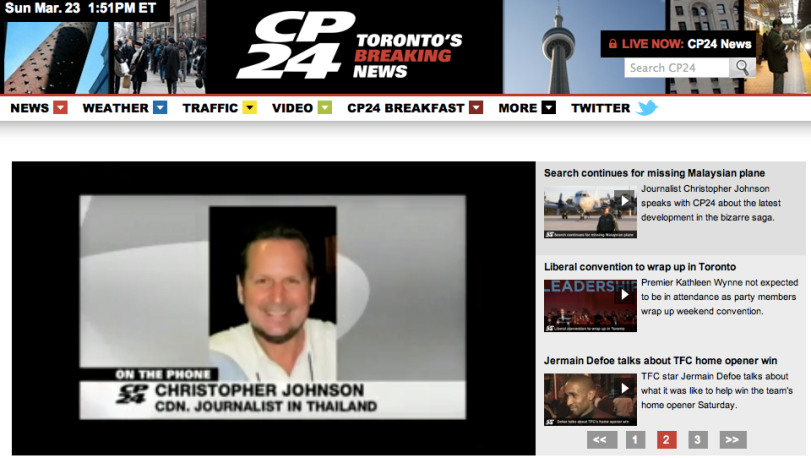
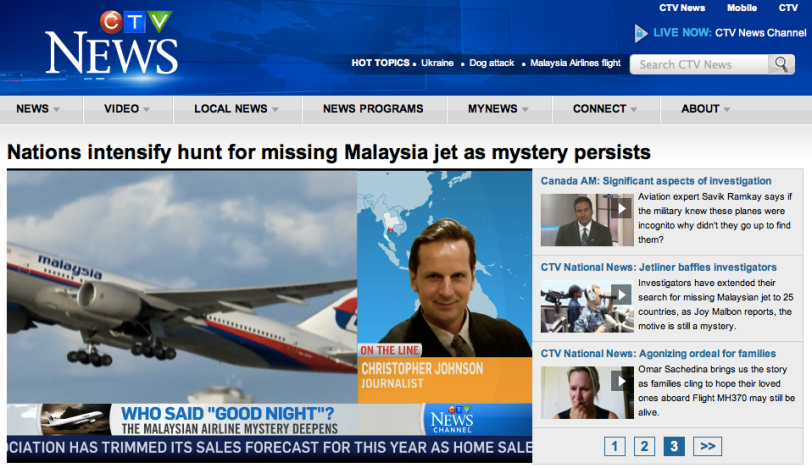


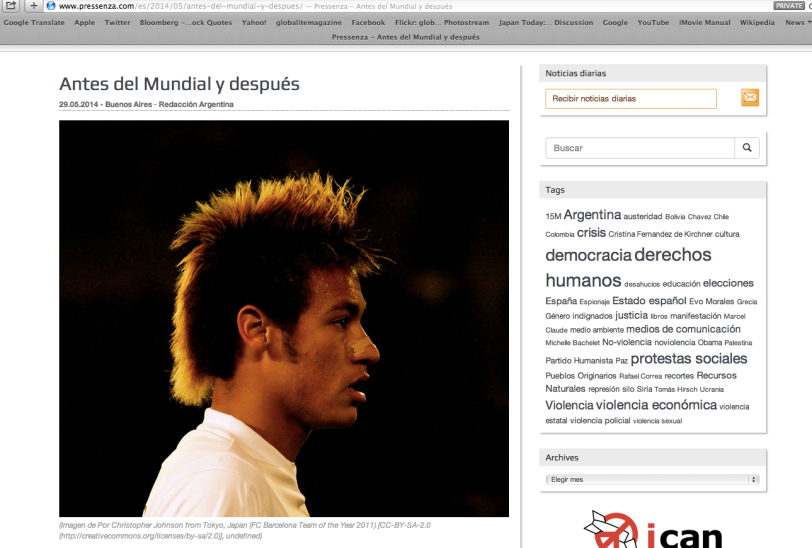






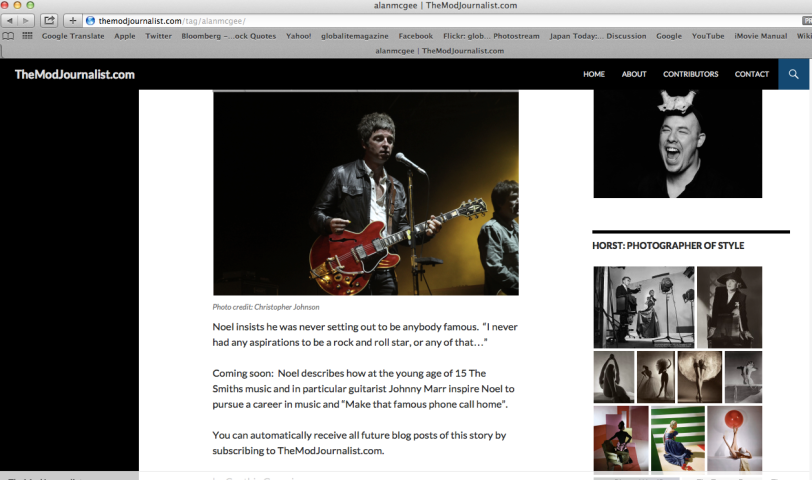
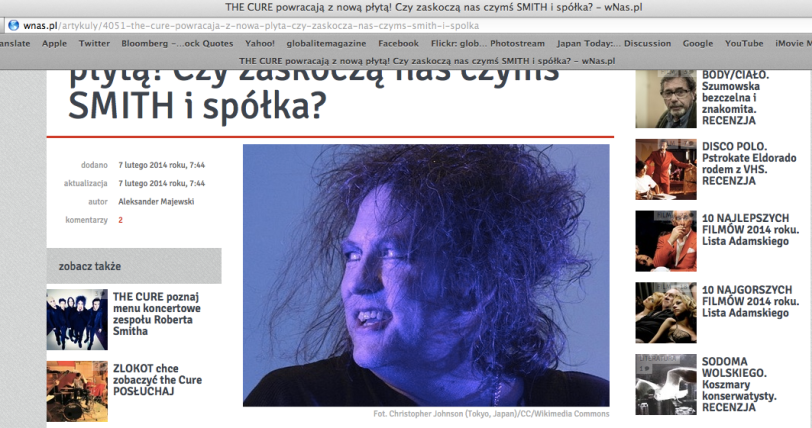

— bio from (https://www.amazon.com/Christopher-Johnson/e/B009LSI88I/ref=ntt_athr_dp_pel_1)
Christopher J. Johnson is a journalist, musician and author of novels Siamese Dreams, Kobe Blue and Freedom’s Rainbow. He is songwriter, singer and guitarist for rock band CJ in Asia, ranked number one on Reverb Nation in Japan for more than a year.
Johnson has traveled in 110 countries and ten war zones.[1] His work for media worldwide includes more than 2000 print or digital features, 1000 published photos, hundreds of live TV reports for CTV, CBC, DW, France24, CBS, BBC, Comcast and other networks, and more than 30 recorded songs, including music for his band CJ in Asia as well as rock bands Big Sugar and Emperor, and work for Japanese band The Sherbets.[2] He is credited with breaking major stories including the errant bombing of civilians in Afghanistan; the rise of female fedayeen suicide bombers in Baghdad; Japan’s official attempt to cover-up a nuclear meltdown and secretive network of prisons for foreigners; and the Tibetan Uprising in Lhasa, where he moved images that Reuters named among their Pictures of the Decade.
An avid tennis player and coach, he’s also a leading sports photographer, accredited by the ATP, WTA, ITF, FIFA, FIBA, IOC and others for major events mainly in tennis, basketball and soccer. CNN.com has posted more than 200 of his photos, and his work has appeared in the New York Times, Washington Times, Toronto Star and elsewhere. Wikipedia uses his photos of soccer star Lionel Messi; NBA players Kobe Bryant, Kevin Durant, Tony Parker, Andrei Kirilenko, Pau Gasol, Marc Gasol and others; and tennis players Rafael Nadal, Novak Djokovic, Andy Murray, Milos Raonic, Caroline Wozniaki, Agnieszka Radwanska, Vera Zvonareva and others.
After moving to Asia in 1987, Johnson covered conflicts around Thailand and the Japanese asset bubble, the Yugoslav war, the Kobe earthquake, 1995, the Asian financial crisis 1997, conflicts in Aceh and East Timor 1999, the Chinese boom 2000-01, wars in Afghanistan and Iraq 2001-03, the Asian tsunami 2004, the Tibetan uprising 2008, the Burmese cyclone 2008, the global financial crisis 2008, the Battle of Bangkok 2010, the tsunami and nuclear disasters in Japan 2011, Typhoon Haiyan in the Philippines 2013, conflicts in Thailand and Ukraine in 2014-15, the bombing of Syria and the Syrian refugee crisis, and many other stories.
The Canadian Association of Journalists nominated Johnson’s website http://www.GlobaliteMagazine.com as a finalist alongside CBC, GlobalTV and Huffington Post for Best Online Media. The Economist, UNHCR, Gulf News, the BBC, CPJ.org (Committee for the Protection of Journalists), RSF (Reporters Without Borders), Straight Goods and at least 20 sites based in the US, France, Japan, South Korea, China, the Philippines, Thailand and other countries have done stories about Johnson.
Ish Theilheimer, publisher of news magazine Straight Goods, wrote in an article about Johnson in 2002 that Johnson, a colleague of murdered journalist Daniel Pearl, broke the story of Afghan warlords misdirecting US forces on bombing raids, and he also evaded kidnappers in the Philippines. [3] The Washington Post reported that Johnson was the only foreign journalist in Lhasa during the 2008 Tibetan Uprising, and he moved images via Reuters and AP that appeared in TIME, the New York Times, CNN, BBC and other media. While training Chinese journalists in Shanghai, Johnson often performed music on stage at venues including Cotton Club, Malone’s, M-Box and U-Like.
Early life and career in journalism
Of French, Potawatomi, Jewish and Ukrainian descent, Johnson’s family has roots in Michigan, Ohio, southern Ontario and western Canada. Born in Winnipeg, he grew up across from Detroit in Windsor, Ontario from ages 6 to 15, and Medicine Hat, Alberta from ages 16 to 18. His older brother Gordie Johnson is best known as front man for rock band Big Sugar and Austin, Texas-based rock band Grady. His sister Kathy Johnson did malaria research and logistics for Doctors Without Borders/Médecins Sans Frontières, which won the Nobel Peace Prize in 1999.[4] His younger brother Michael Louis Johnson acted in Hollywood films, was a musician with Big Rude Jake and the New Kings, and currently Rambunctious and the Lemon Bucket Orkestra.[5]
While studying journalism for four years at Carleton University in Ottawa, Johnson did freelance work for the Ottawa Citizen and Ottawa Cablevision, and summer jobs as a janitor, factory worker, window-cleaner and treeplanter in northern Canada.[1] After graduating in 1987, he interned as a general assignment reporter for the Windsor Star newspaper. He traveled in Japan and China in 1987, and became a subeditor and reporter in 1988 at The Nation in Bangkok, Thailand working alongside current Nation Managing Editor Tulsathit Taptim; environmental journalists and authors Ann Danaiya Usher and James Fahn[6], and Tom Nagorski, who would become Managing Editor of International News at US network ABC.[7]
In an interview published on Amazon.com, Johnson is quoted as saying his 2012 novel Kobe Blue began to form in 1989 and 1990 when he studied Japanese, taught English and wrote textbooks in the Osaka area of Japan. He then traveled around the world for four years. Backpacking across Africa in 1991, he was strangled and beaten unconscious by a gang and left naked overnight in a park in Nairobi, Kenya with damages to his nose, ribs and vocal chords.[1]
On assignment for the Ottawa Citizen in 1991, Johnson covered the outbreak of war in the Osijek area of the former Yugoslavia, working alongside Slobodan Lekic of the Associated Press and BBC correspondent Misha Glenny, author of The Fall of Yugoslavia. The BBC reported in August 1991 that Johnson and Reuters correspondent Andrej Gustincic, investigating a massacre near Vukovar, were held hostage by Serbian irregulars.[1] Johnson’s roommate Christian Wurtenberg,[8] a Swiss freelancer who later joined the First Platoon of International Volunteers, was found dead, reportedly tortured and garroted. In an article about Johnson on Debito.com, Johnson claimed that Wurtenburg was his roommate, and that Gustincic, who was on a “death list”, saved their lives with his calm demeanor. [9]
British journalist Paul Jenks began investigating Wurtenberg’s death and was shot dead as well.[10] In British journalist John Sweeney’s 1994 movie Dying for the Truth,[11] the Platoon’s leader, former BBC contributor Eduardo Rosza-Flores, denied accusations of murdering Wurtenberg because Wurtenberg was allegedly investigating fascism and gun running.[12] Rosza-Flores was killed by security forces at a hotel in Bolivia in 2009. Bolivia’s president Evo Morales accused Rosza-Flores of plotting to assassinate him.[10]. Johnson has claimed on websites in Japan that he saw Rosza-Flores wearing a bulls-eye on his vest in Yugoslavia.
Working for Lekic and AP in East Timor in 1999,[13] Johnson joined Australian forces on the HMAS Tobruk, and investigated allegations of massacres at churches in Suai, East Timor.[14][1] The United Nations used Johnson’s investigations in their human rights tribunals regarding East Timor. In 2001, Johnson had Thanksgiving dinner with Wall Street Journal reporter Daniel Pearl in Pakistan a few weeks before his abduction and murder.[1] Also in 2001, Johnson missed a convoy to Kabul, Afghanistan due to severe food poisoning in Peshawar, Pakistan near the border with Afghanistan. His friend, Jakarta-based Reuters cameraman Harry Burton, was murdered on that convoy. Johnson says that food poisoning possibly saved his life, and allowed him to report for CBS News about the escape of al Qaeda fighters from Tora Bora in Afghanistan. In 2002, the Committee for the Protection of Journalists,[15] Gulf News, and Philippine media ABS-CBN and GMA7 TV, reported that Abu Sayyaf fighters based on Basilan island tried to kidnap Johnson and Swedish freelancer Urban Hamid at a port in Zamboanga, the Philippines.[16] Johnson and Hamid evaded capture and subsequently hired local detectives to guard them during their reportage for SCMP, Asia Times, the Christian Science Monitor and others.
In 2003, Johnson, Hamid, and Johnson’s former classmate Mike Blanchfield joined a convoy of journalists who were attacked by Iraqis in the streets of Baghdad.[17] Staying at the Palestine Hotel and venturing throughout Baghdad with former government officials, they interviewed so-called “female fedayeen” loyalists of Saddam Hussein vowing to kill Americans.[18] Hamid’s footage[19] of a US raid on homes in Iraq appeared in Michael Moore’s film Fahrenheit 911.
In March 2008, Johnson was on a spiritual journey to Tibetan monasteries when he became the only western reporter [20] to witness the outbreak of violent protests in Lhasa, Tibet which threatened Chinese and foreigners.[21][22] With a team of amateur foreign and Chinese photographers called the “Yakpackers”,[23][1] he gathered, edited and moved images of the Lhasa Uprising which Reuters listed among their Pictures of The Decade.[24] The images appeared in TIME, the New York Times, CNN, BBC and other major media worldwide. Johnson has claimed online that Reuters chief photo editors in London credited the photos to “stringer” to protect the identities of photographers and sources. A lifelong student of Chinese philosophy, martial arts and culture, Johnson became a popular musician in Shanghai in the year 2000 while training and working with Chinese journalists.
In Thailand in 2010, Johnson worked for France24 TV when his colleague Nelson Rand was shot three times during the Red Shirt Rebellion in Bangkok, which claimed the lives of journalists Hiro Muramoto from Japan and Fabio Polenghi of Italy.[26] With French journalists Cyril Payen and Regis Desconclois, Johnson wrote and narrated the English version of the documentary “The Battle of Bangkok” for France 24 TV.[27]
Based in Tokyo since 2005, Johnson reported that he ran out of the shower and watched the magnitude 9.0 earthquake shake his Japanese-style home for about 4 minutes on March 11, 2011.[28] He later made 10 trips to the tsunami and nuclear disaster zones, reporting for CTV, DW-TV, France 24, the Washington Times, the Toronto Star, the Japan Times and others.[1] Kesenai, an organization based in Romania, exhibited his photos across Europe to raise money for tsunami victims.[29]
In January of 2012, The Economist’s Banyan blog ran Johnson’s detailed personal account of being detained and expelled from Japan on Christmas Eve.[30][31] Johnson says that officials interrogated him about his coverage of Japan’s attempt to cover-up a nuclear meltdown in Fukushima. As reported by Economist staff writer Kenneth Cukier (using the initials K.N.C), Johnson claimed that immigration officials at Narita airport falsified his testimony and jailed him for 24 hours in a windowless cell without proper access to phone calls or legal assistance. The Economist reported that Johnson received assistance from the Canadian embassy in Tokyo. In an article about Johnson, American-born author Debito Arudou wrote that Japanese authorities put Johnson in a “gaijin tank” under the airport, which Johnson called part of a secretive “gulag” of detention centers for foreigners across Japan. [9]
Award-winning writer and Boing Boing co-editor Cory Doctorow wrote that Johnson also claimed that he witnessed guards demand bribes from an American detainee, and he accused airlines of coercing detainees to buy overpriced one-way tickets out of Japan against their will. [32] Asiana airlines later publicly apologized to Johnson on twitter.com. The airline reportedly claimed that they were also a victim of a “third party” accused of rights violations and extorting money from passengers detained at Narita International Airport.[33]
The Economist article, “Gulag for Gaijin”, generated more than 700 comments on the Economist’s site, and thousands more on several Japan-based blogs.[34] The Economist and others reported that the allegations matched Amnesty International’s report in 2002, a Tokyo District Court ruling, and accounts of other detainees. Critics and trolls in Japan accused Johnson of exaggerations and mounted a smear campaign against him based on fabrications and unproven allegations.[35] YouTube, Google, Facebook, Medium.com and other sites later blocked or banned videos and links to allegedly defamatory material, while other bloggers removed material voluntarily. Search results on Google and Youtube in Canada, Japan, the UK and other countries show that content has been removed, and more than 50 articles were written about Johnson.
Johnson spent 10 weeks in limbo in Canada, unsure if he could ever return to his home, partner and dogs in Japan. With assistance from Paris-based Reporters Without Borders, the Washington Times, and a lobby group in Tokyo, the Japanese government allowed Johnson to return to Japan in March 2012 on a journalism visa, his fifth work permit for Japan.[36] He has continued to report about alleged injustices in Japan, including the death of a Ghanaian in custody at Narita airport and a Nepali wrongfully jailed 15 years for murder.
Johnson has worked as a journalist for the Washington Times, New York Times, TIME, Christian Science Monitor, AP, APTN, Reuters, Alternet, Toronto Star, Globe and Mail, National Post, Vancouver Sun, Ottawa Citizen, Windsor Star, The Australian, South China Morning Post, Asia Times, Bangkok Post, The Nation, Japan Times, Daily Yomiuri, The Sunday Herald, The Scotsman, Die Welt, CNNGO, CNN.com, BBC TV, BBC Radio, CTV Canada, CBC Canada, DW-TV Berlin, France 24, MSNBC, Comcast, CBS, NPR and others.[1]
Music and acting
Christopher Johnson is the songwriter, vocalist and guitarist with rock band CJ in Asia, ranked number one on Reverb Nation in Japan for more than a year. He has recorded more than 30 songs including “Bring on the Rain”, “Center of the Universe” and “On the Road”.
Johnson is credited for songwriting on “Where I Stand”[37] and “Round-and-Around”[38] on Big Sugar’s album “Heated”, and for backing vocals on the album “Heated”[39] and the 2012 single “Eliminate Ya!”.[40] Big Sugar has more than 500,000 album sales in Canada.
Johnson, who first met Japanese rock icon Asai Kenichi of Blankey Jet City in 1994, translated lyrics from Japanese to English for Asai’s Tokyo-based rock band The Sherbets on their albums “Miracle” and “God” with BMG Japan,[41] and Johnson wrote the official English-language bio on the band’s site http://www.sexystones.com.[42]
Johnson has performed or recorded with bands including Monks on Fire and Rockestra[43][44] in Thailand, Zaw Win Htut and Emperor in Myanmar, Audax and Crystal Butterfly in China, and Globalite and CJ in Asia in Japan.[45]
Johnson performed a speaking role in Thai as “the richest man in Thailand” on the Thai TV series Amnaat.[45] He has spoken in Japanese on a number of Japanese TV and radio programs, and did several voice acting roles for NHK TV programs, including the voice of anime director Hayao Miyazaki.[45]
Books
Bangkok Books released Johnson’s novel Siamese Dreams in 2007.
A blurb describing the novel on the publisher’s website says: “Ready to change the world, youth in Asia take new names, learn languages, and experiment with sex, drugs and lifestyles — from spectacular poverty to salacious stardom. Set amid economic booms and epic disasters, Johnson’s work is rich with emotion, wit and insights into relations across cultures and sexes. If you like Hemingway, Kerouac and Theroux, or want to know more about the new generation rising around the world, read this book.”[46]
Amazon.com released a Kindle edition in January, 2012.
Amazon.com released a Kindle edition of Kobe Blue in October, 2012. Set amid the bubble economy and the Kobe earthquake, Kobe Blue delves into cross-cultural relationships, globalization and Japan.
In April 2017, Amazon.com released a Kindle edition of Freedom’s Rainbow, a novel about two strangers from Japan who search across Latin America for the “mysterious independent girl”.
References
1. ^ a b c d e f g h i “Christopher Johnson”. Amazon.com. http://www.amazon.com/Christopher-Johnson/e/B009LSI88I/ref=ntt_athr_dp_pel_1/189-3931580-1342002.
2. ^ http://www.globalitemagazine.wordpress.com
3. ^ “Straight Goods: Canadian and Swedish Correspondents Escape Philippines Kidnap Attempt”. Business Wire. February 19, 2002. http://www.thefreelibrary.com/Straight+Goods:+Canadian+and+Swedish+Correspondents+Escape…-a083054954.
4. ^ “Rendezvous Dive Adventure”. http://www.rendezvousdiving.com/aboutus.htm.
5. ^ “Artist Michael Louis Johnson”. CBC Music. http://music.cbc.ca/#/artists/Michael-Louis-Johnson.
6. ^ A Land on Fire
7. ^ Ford, David (August 23, 2012). “Tom Nagorski Leaving ABC News”. ABC News. http://abcnews.go.com/blogs/headlines/2012/08/tom-nagorski-leaving-abc-news/.
8. ^ “Chris the Swiss”. Dschoint Ventschr Filmproduktion. http://www.dschointventschr.ch/dv/stage/filmflyer.php?shortcut=CHRIS&lang=_en.
9. ^ a b “Chris Johnson on his 2011 experiences in the “Narita Airport Gaijin Gulag”, a complement to Amnesty’s 2002 expose (Amended)”. January 12, 2012. http://www.debito.org/?p=9868.
10. ^ a b “Bolivia: The Bizarre Life and Death of a Failed Assassin”. Time. April 21, 2009. http://www.time.com/time/world/article/0,8599,1892945,00.html#ixzz28BOtmojD.
11. ^ http://www.youtube.com/watch?v=WmY4LdDHp_g
12. ^ “Travels With My Camera: Dying For The Truth (1994)”. Balkan Scrapbook. July 25, 1994. http://balkanscrapbook.wordpress.com/1994/07/25/travels-with-my-camera-dying-for-the-truth-1994/.
13. ^ Johnson, Christopher; Spencer, Geoff (October 15, 1999). “Peacekeepers probe killing in East Timor”. Times Union (Albany). http://www.highbeam.com/doc/1G1-157279644.html.
14. ^ Johnson, Christopher (October 15, 1999). “Peacekeepers search alleged massacre sites”. Laredo Morning Times: p. 10A. http://airwolf.lmtonline.com/news/archive/1015/pagea10.pdf.
15. ^ “Philippines: Journalists warned of kidnap threat”. Committee to Protect Journalists. February 12, 2002. https://www.cpj.org/news/2002/Phil12feb02na.html.
16. ^ “Attacks on the Press 2002: Philippines”. Committee to Protect Journalists. http://cpj.org/2003/03/attacks-on-the-press-2002-philippines.php.
17. ^ Johnson, Christopher (April 16, 2003). “In Baghdad, the taste of freedom is spiced with anarchy”. Straight Goods. http://www.straightgoods.ca/ViewFeature3.cfm?REF=180.
18. ^ Johnson, Chris (May 1, 2003). “Female Fedayeen”. AlterNet. http://www.alternet.org/story/15803/female_fedayeen.
19. ^ http://www.youtube.com/watch?v=Yao411d1wak
20. ^ Drew, Jill (March 27, 2008). “Eyewitnesses Recount Terrifying Day in Tibet”. The Washington Post. http://www.washingtonpost.com/wp-dyn/content/article/2008/03/26/AR2008032603275_2.html.
21. ^ Johnson, Christopher (March 14, 2008). “Tibet unrest deepens, with violence and rioting”. The Christian Science Monitor. http://www.csmonitor.com/World/Asia-Pacific/2008/0314/p99s07-woap.html.
22. ^ Johnson, Christopher (March 17, 2008). “Tibet a no-go zone as tourists hole up in hotels”. The Seattle Times. http://seattletimes.com/html/travel/2004287816_webtibettravelers17.html?syndication=rss.
23. ^ “High anxiety”. South China Morning Post. April 6, 2008. http://www.scmp.com/article/632744/high-anxiety.
24. ^ “Slideshow: Pictures of the decade”. Reuters. http://www.reuters.com/news/pictures/slideshow?articleId=USRTXRYG2#a=74.
25. ^ Johnson, Christopher (May 24, 2010). “Bangkok back to business after protests”. France 24. http://www.france24.com/en/20100524-bangkok-gets-back-business-after-protests-red-shirts.
26. ^ Johnson, Christopher (July 16, 2010). “Bangkok’s stupid war”. The Foreign Correspondent’s Club of Japan. http://www.fccj.or.jp/node/5835.
27. ^ “The battle of Bangkok”. July 14, 2010. http://www.france24.com/en/20100527-2010-05-27-2146-wb-en-reporters-bangkok-thailand-protests-red-shirts-thaksin-shinawatra.
28. ^ Johnson, Christopher. “A letter from Tokyo”. The Nation. http://www.nationmultimedia.com/home/A-letter-from-Tokyo-30150747.html.
29. ^ “Clujul mai aproape de Japonia” (in Romanian). http://vimeo.com/23395326.
30. ^ “Japan’s immigration control: Gulag for gaijin”. The Economist. January 18, 2012. http://www.economist.com/blogs/banyan/2012/01/japans-immigration-control.
31. ^ Johnson, Christopher (April 5, 2012). “Inside the Gaijin Dungeon at Narita Airport in Japan”. Globalite Magazine. http://globalite.posterous.com/inside-the-gaijin-tank-dungeon-at-narita-airp-91122.
32. ^ Doctorow, Cory (January 22, 2012). “Foreign journalist claims corruption, brutality, death threats from Japanese airport officials”. Boing Boing. http://boingboing.net/2012/01/22/foreign-journalist-claims-corr.html.
33. ^ Johnson, Christopher (February 4, 2012). “Nightmare at Narita”. Asia Times Online. http://www.atimes.com/atimes/Japan/NB04Dh01.html.
34. ^ Johnson, Christopher (April 2, 2012). “A Mental Meltdown in an NHK World”. Globalite Magazine. http://globalite.posterous.com/mental-meltdown-in-an-nhk-world.
35. ^ “A brief note on CJ and the Japan-side expat twitterverse”. Hoofin. April 16, 2012. http://hoofin.wordpress.com/tag/christopher-johnson/.
36. ^ Johnson, Christopher (February 14, 2012). “Gotcha Bureaucracy and a Freelancer’s Visa Status”. Globalite Magazine. https://globalitemagazine.wordpress.com/2012/02/14/christopher-johnson-gotcha-bureaucracy-and-a-freelancers-visa-status/.
37. ^ “Big Sugar Where I Stand lyrics”. http://lyrics.duble.com/where-i-stand-lyrics-big-sugar.html.
38. ^ “Big Sugar Round & Round lyrics”. http://lyrics.duble.com/round–round-lyrics-big-sugar.html.
39. ^ “Big Sugar – Heated MP3 Download”. CD Universe. http://www.cduniverse.com/productinfo.asp?pid=8395818.
40. ^ “Eliminate Ya!”. Big Sugar blog. http://bigsugar.com/bigsugarblog/?page_id=1875.
41. ^ “Sherbets blog”. http://www.myspace.com/thesherbets/blog.
42. ^ Johnson, Christopher. “Asai Kenichi (浅井健一)”. Anusaya. http://www.anusaya.com/feature/asai-kenichi/.
43. ^ “”Love You, Thailand” Music Video by Rang Rockestra (and other touching mv for PAD)”. http://pad.vfly.net/showcase/475/love-you-thailand-music-video-rang-rockestra-youtube/.
44. ^ http://www.youtube.com/watch?v=03tTnzQhx_4
45. ^ a b c “CJ”. Myspace. http://www.myspace.com/globalite.
46. ^ “Siamese Dreams”. Bangkok Books. http://www.bangkokbooks.com/php/product/product.php?product_id=001138&sub_cate_name=Books%20on%20Asia&sub_cate_id=00005.
47. ^ “Siamese Dreams [Kindle Edition”]. Amazon.com. http://www.amazon.com/Siamese-Dreams-ebook/dp/B006ZBRN7G.
External links
* http://www.amazon.com/Christopher-Johnson/e/B009LSI88I/ref=ntt_athr_dp_pel_1/189-3931580-1342002
* http://www.globalitemagazine.com